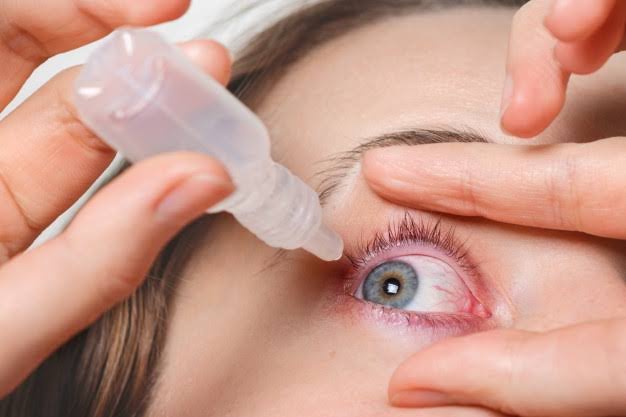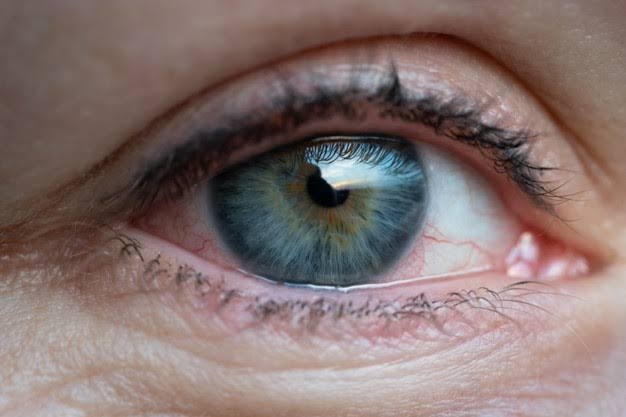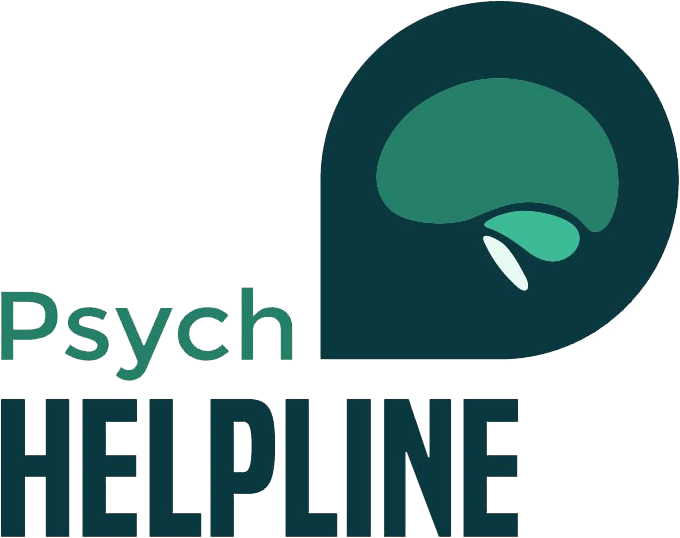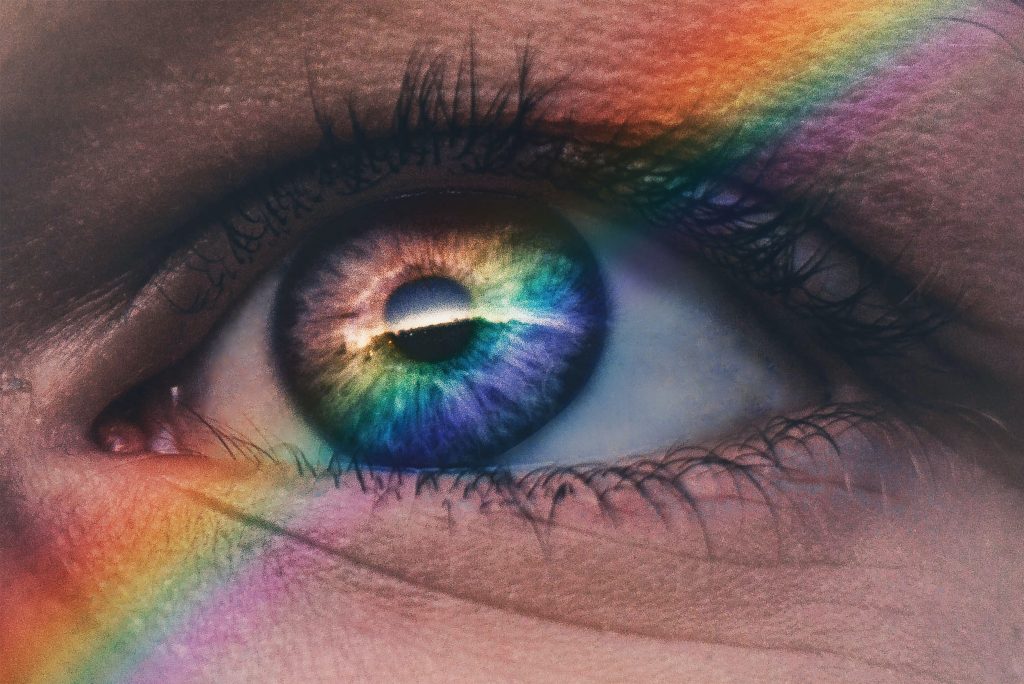Table of Contents

Have you ever wondered what’s one of the most commonly reported optic anomalies in the entire world? We’re sure that you might not have guessed Dry eyes because of how normal it has become in our day to day lives. The prevalence of this condition lies between 20-50 percent in the global population. Most of us have dealt with this issue at least once in our lives, under various intensities and due to various reasons. “Dry eyes” is more of an umbrella term but if you’re dealing with dryness in a particular section it would be named differently. For instance; the condition categorized with dryness in your cornea is called Keratitis Sicca. Meanwhile, the dryness around the cornea and conjunctiva’s labeled as Keratoconjunctivitis Sicca.
Now, the real question is what could possibly lead to such dysfunctionality? Are there are any contributing factors that can make the situation worse? Additionally, how can one really deal with dry eyes when the problem becomes a little too huge to handle with remedies? Here’s an in-depth guide on the causes, symptoms, and treatments for dry eyes. Let’s take a look;
What Leads To The Extreme Dryness In Your Eyes?
Health & Age-Related Factors
Aging has never been that easy even if you’re able to get over the psychological aspects associated with it. One can never simply neglect the physical changes it brings forth. For instance; you might’ve never even thought that reaching your mid to late 40s could contribute to the less production of tears in your eyes. Yes, you heard it right, the production rate of tears starts tumbling down after a certain point.
Thus leading to more eye irritation and the increased need for eye drops. If you’re a woman who has reached menopause you might be an even bigger victim to this aspect thanks to hormonal changes induced by reaching a certain age. Hormonal changes induced by pregnancy or the usage of contraceptive pills can also bring forth such consequences. Additionally, another contributor to dry eyes can be a particular disease. This list includes diseases like diabetes, vitamin deficiencies in your body, Parkinson’s disease, thyroid diseases, lupus, rheumatoid arthritis, scleroderma, etc.
Drugs & Medicinal Treatments
If you’ve been using isotretinoin cream for dermal issues or any of its by-products, dry eyes can be one of the many side effects. Additionally, some other drugs used for another disease that can prompt dryness in your eyes are; anti-depressants, ACE inhibitors, antihistamines, decongestants, morphine/some particular opiates, sleeping pills, etc. Moreover, people going through cancer-related radiation therapy, LASIK eye surgery, and hormonal replacement therapy also report similar results.
Environmental Factors and Some Other Reasons
Individuals that reside in areas with dry climates report more consistent complaints of dry eyes. If you live around a pretty smoky area with lots of dust then dry eyes might be quite the norm too. Thus, in this case, you can’t really blame anyone else but the climate and the pollution. If you’ve been a consistent user of contact lenses, you’re bound to be dealing with dry eyes. Furthermore, if you’re not handling them hygienically things can be even worse. If your work demands that you scare at a screen all day, then folks there’s nothing else that can be done. On the contrary, if you’re recreationally putting yourself through that because of a cellphone, that phone might be a culprit. Some people sleep with their eyes partially open which can really turn things sour for them.
The Perfectly Imperfect Formula For Tears
Primarily our tears are made of 3 important constituents; mucous, oil, and water with a hint of salt. All 3 of these constituents have a huge role to play when it comes to maintaining healthy eyes. For instance, the salt and water composition produced by the lacrimal glands clean our eyes and get rid of any irritants that might cause inflammation. Additionally, the second layer made out of the oil, produced by the meibomian glands is responsible for slowing down the evaporation rate of tears.
Consequently, the tears in our eyes keep them normal for much longer. Rosacea can mess things up around the meibomian glands and thus contribute to dry eyes. Last but not least the layer consisting of mucous is the sole reason why your tears are evenly distributed across every portion of your eyes. Any kind of instability in any 3 of these layers or their relevant glands can lead to the production of tears that are simply not appropriate. Thus, with the lesser production of mucous, there are more chances that some sections of your eyes will remain dry due to uneven distribution.

Dry Eyes: 8 Commonly Reported Symptoms
- Constant burning or stinging sensation that doesn’t really wear off despite washing your eyes repetitively with water. Some patients feel like their eyes are being too scratchy and it would be hard to fight off this urge.
- Your eyes will most definitely show clear hints of redness. In some chronic cases if you’re paying little to no heed to the situation, expect them to turn bloodshot pretty soon.
- You might feel like there’s something stuck in your eyes and you’ll try your best to get it out. You might contribute the issue to dust particles, a broken eyelash, or something else but that’s simply not the case sometimes
- Blurry vision is perhaps the most largely noticed symptom of this condition. You’ll particularly face this issue during nighttime. Your vision might be extra blurry when the lights are out. Thus you’ll experience extreme troubles while driving a vehicle during the night or reading something written in a smaller-sized font.
- Eye sensitivity comes with the package as you might’ve guessed. It might hurt to open up your eyes in the presence of flashing light beams. You’ll face immense discomfort while opening your eyes in the morning. Any bright blue lights peeking through your electronic appliances or the sunlight, in general, will really turn you into a vampire that wishes to avoid light at all costs.
- Some patients even report the presence of thick mucous-like fluid around their eyes. When it dries out you might feel like your eyelashes are caked up together. Additionally, after waking up from a long slumber, you might even feel like your eyelids are sticky together.
- You might feel quite a bit of fatigue in the facial region surrounding your eye sockets. Bid adieu to the book you were going to finish within 2 days’ notice.
- If you rely on contact lenses during your day-to-day routine, might have to switch over to your good old specs. Contact lenses can be very hard to wear especially when your dry eyes feel like the deepest pit of the Sahara desert. Some even suggest that they just don’t stick when you’re dealing with a troublesome situation like this.
Dealing With Dry Eyes: Diagnosis
- If you’ve been avidly noticing the symptoms stated above, your doctor might want to check your medical history first.
- The Schirmer test is a routine test done to check the presence of dry eyes. The only item involved is a blotting paper showing the number of tears in your eyes.
- Your doctors will take tear samples from your eyes just to be absolutely sure. Tear samples can report the lack or excess of certain enzymes and protein.
- The lack of quality in your tears is also a contributing factor thus a regular test can be conducted with specialized dyes to get that tested. After using the dyes, your doctor will take a look at the patterns around your cornea and the rest of your eyes.
Dealing With Dry Eyes: Treatments & Important Tips
The Usual Drug Cocktail For Mild Dry Eyes
- If there’s any medication for an underlying disease that’s causing dry eyes, you might want to replace it with something else based on your doctor’s recommendations. Doctors usually prescribe artificial OTC tears to amplify the hydration rate in your eyes. This provides relief from the lack of lubrication.
- Some might even partner this lubricant with Cyclosporine (Restasis). You can’t get it off the shelf in most states and you require a prescription for it. Its job is way more than returning your lubrication levels. Additionally, it tackles any allergens that might’ve induced dryness or must’ve been making the situation worse for you.
- These drugs are usually appropriate for people with mild cases of dry eyes. Apart from Restasis, Xiidra is also a widely prescribed anti-inflammatory drug for dry eyes.
Treatments For Slightly and Extremely Intense Causes Of Dry Eyes
- Based on the intensity of your symptoms, your doctor might suggest using steroid eye drops. Now, long-term usage of these drops does have many side effects including cataracts. But, using it for a short period of time according to your doctor’s suggestion and with a safe medical history, can have anti-inflammatory advantages.
- Your doctor can perform an in-house process to treat the clogged meibomian glands in your eyes. This process involves the usage of forceps and warm compression to open up the glands and relieve all that’s blocking the way.
- In more intense cases, doctors might prescribe the usage of omega 3 fatty acid nutritional supplements to deal with those deficiencies in your body. Another widely used treatment is a slow-release lubricant called Lacrisert. Side note, lacrisert can be very uncomfortable at the beginning as it is fixed under the eyelids. Some extreme cases of misconduct can cause corneal abrasion as well.
- A more permanent treatment plan can be plugging in those tear ducts with silicone plugs. Don’t worry, these plugs are removable and can really tone down the evaporation rate of tears.
- Now that we’re amping up the intensity the treatments are going to become a bit over the top but necessary too. One of these treatments is the LipFlow thermal pulsation mechanism. It involves the fitting of a device right at the top of your eyelid which provides warm compression. This process has a 76% success rate but you might have to deal with swollen eyes some irritation for a couple of days after the procedure.
- Specialized contact lenses called the Boston Scleral Lens can keep a humidifying layer of fluid atop your eyes to prevent dry eyes.
- Oculoplastic surgery is a commonplace surgery done to prevent dry eyes in people with ectropion eyelids.
- As stated earlier ocular rosacea can lead to dry eyes. To tackle this, doctors suggest 4-6 months of IPL treatment to deal with dilated blood vessels. Your eyes might be slightly more eye sensitive for a short while after the treatment. Yet, this procedure is worth having as it can release you from the shackles of constant eye drops usage.
- Using the red blood cells from the blood drained out of you, you can get the autologous blood serum. These are eye drops that wear off persistent symptoms of dry eyes.

You Need To Switch Things Up
- If you’ve been staring at a screen all day, the dryness in your eyes is an alarming bell informing you to slow down. So, take a break mid-working to focus on something else other than your screen.
- Don’t forget to blink as normally as you do. Sometimes we tend to forget blinking normally while staring at screens and that can cause dryness. Additionally, cut those screen hours shorts at least until the surface hydration is back to normal.
- We’ll also suggest purchasing blue light glasses that can help nullify the impact of blue light up to a decent extent, not entirely.
- If you’re more likely to sleep with your eyes partially open just make sure that you’re using the ceiling fan at the lowest setting. This will ensure less evaporation due to a lack of airflow.
- Using a humidifier in your room would really help too if you reside in a land with crisp or dry air.
Final Words
You can’t talk to your doctor regarding grafting and other surgical procedures if you’re in need of a more permanent solution. When it comes to your eyes there’s no space for home remedies or trial and error. Your eyes might be the most sensitive organ you possess. Only a specialist can inform you about the underlying causes, the mistakes you’ve been making, and the improvements that need to be made. So rush over to your nearest ophthalmologist or optometrist to get things sorted and diagnose any issues before the matter escalates.







